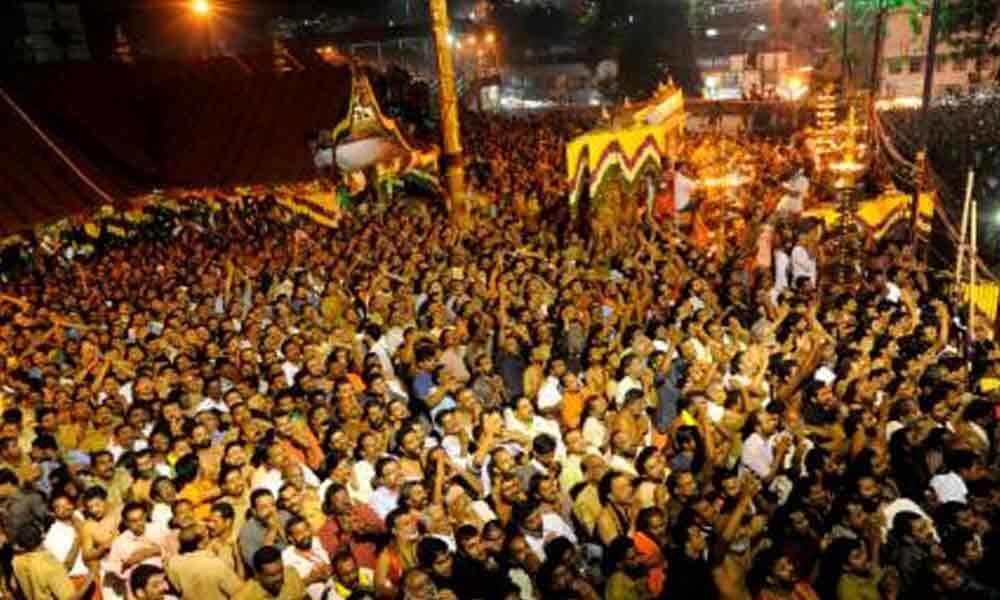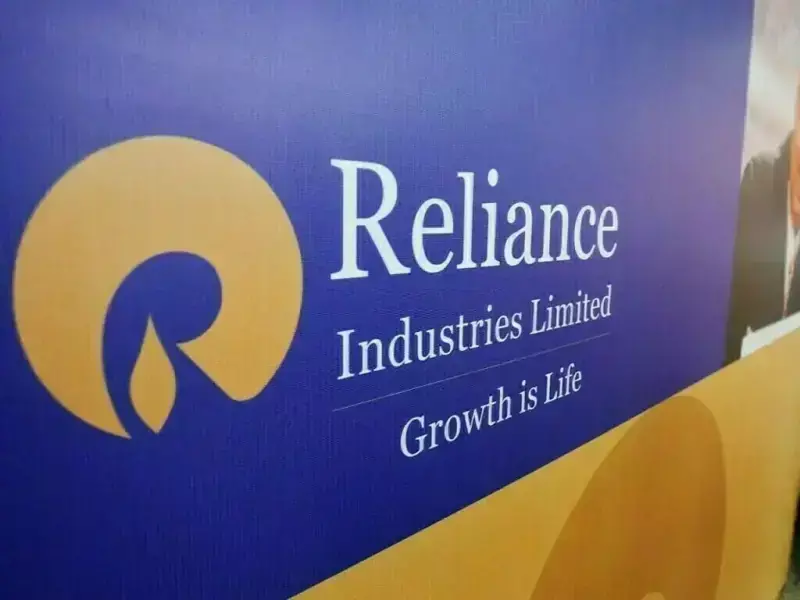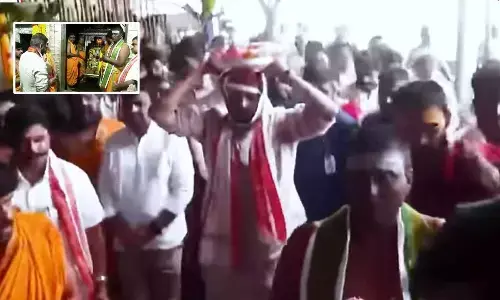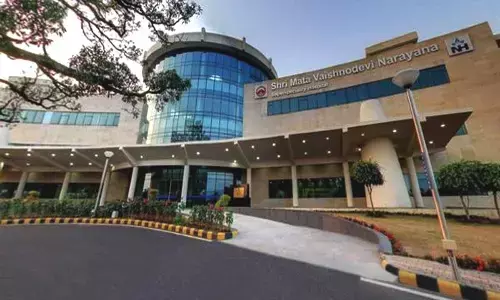Discrimination of devotees uncalled for

Lately, I have completed my preliminary arguments before the Andhra Pradesh High Court against the grant of Very Important Person (VIP) Break Darshan by the Tirumala Tirupati Devasthanams (TTD) Board to a certain category of people thereby discriminating against other devotees.
Lately, I have completed my preliminary arguments before the Andhra Pradesh High Court against the grant of Very Important Person (VIP) Break Darshan by the Tirumala Tirupati Devasthanams (TTD) Board to a certain category of people thereby discriminating against other devotees.
Temple holds a significant position in the spiritual and religious journey of a common Hindu.
Whenever an individual struggles in finding a solution or to overcome from a humanly impossible problem he seeks divine blessings by paying a visit to a place of worship. Hence, we regard deity as a divine doctor who helps in curing our ailments.
There is a larger problem in the grant of VIP Darshan than what meets the eye, the intervention of a secular State in the religious affairs of a shrine. India being a secular country has no State religion and treats all religions equally.
The Constitution of India guarantees to every person Freedom of Religion under Article 25, subject to some restrictions explicitly imposed.
The Constitutional schemes of things mandate every statute enacted or legislation promulgated must not abrogate fundamental safeguards guaranteed under Part III.
Plain reading of Article 25(1) categorically establishes that a secular State can intervene with the religious affairs of a shrine on three grounds: Public Order; Morality; and Health.
Barring those grounds mentioned under Article 25(1) and Article 25(2), the State has no constitutional authority to intervene with the affairs of a shrine.
In pursuance of the authority conferred on the State under Article 25(1) and Article 25(2), several State specific endowment legislations were promulgated.
The Andhra Pradesh Charitable and Hindu Religious Institutions and Endowments Act of 1987 was enacted precisely to further the aforementioned secular purpose.
Chapter XIV of the Act covered the executive competence of the government pertaining to the governance of Lord Venkateshwara shrine located at Tirumala.
Section 97(2) allows the Board for the conduct of the daily worship according to its custom and usage is in categorical encroachment of a realm which exclusively belongs to every person under Article 25.
In the 1954 landmark Shirur Mutt case, the Supreme Court of India (SC) pronounced Doctrine of Essential Religious Practice.
The SC held that Right to Worship is inherent in Right to Freedom of Religion and therefore cannot be compromised and the SC has reiterated the stand in the landmark Sabarimala case.
Therefore, Section 97(2) of the Act is ultra vires the Constitution as it militates against the fundamental grain of Right to Worship and therefore TTD can claim no legal authority for granting VIP Break Darshan.
As per Section 97(2) TTD must establish, beyond reasonable doubt, that grant of VIP Break Darshan is based on both custom and usage. Hence, usage sans custom is violative of Section 97(2).
In Sabarimala case, which is under review, the wings of liberty to worship deity is extended to women of menstruating age group as well against the vehemently argued proposition of deity, Lord Ayyapa, being a "Naistika Brahmacharya" (eternal celibacy).
When the SC itself has given a liberal interpretation to Article 25, it would not be prudent to constrain Right to Worship of devotees by categorising them, lest I mention infringement of Right to Equality.
Discrimination against devotees with active interference from the State, which is duty-bound to safeguard the interests of devotees, must stop forthwith.















